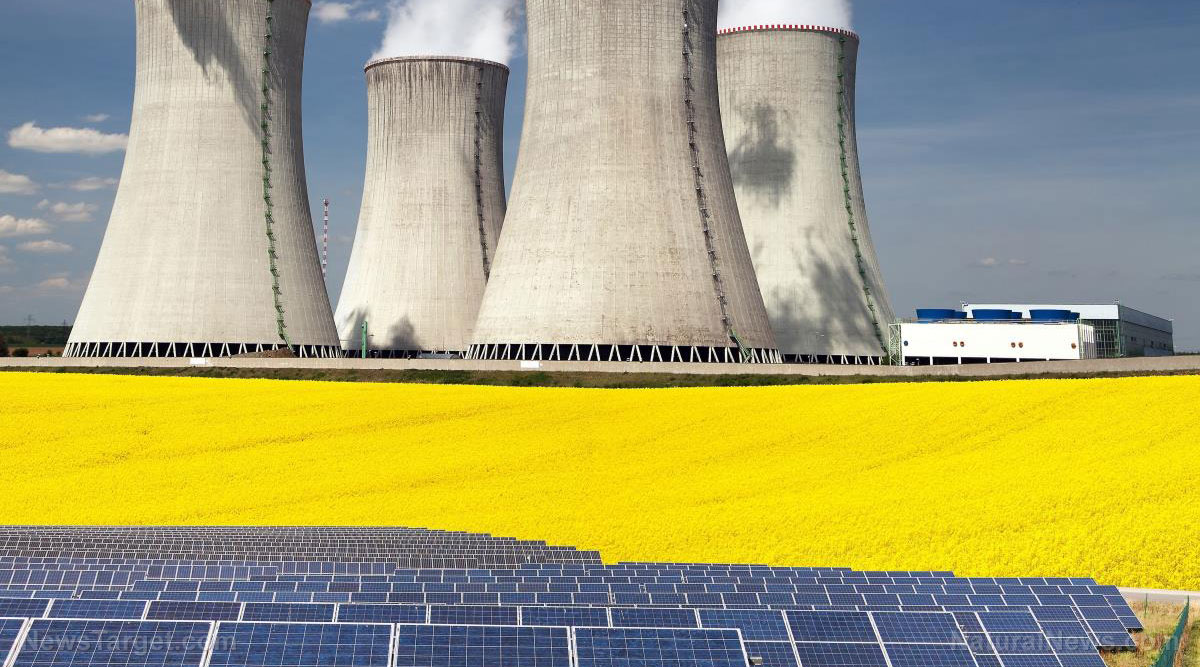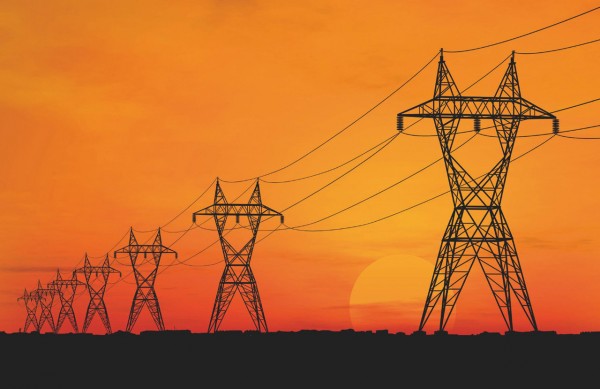Poland threatens to cut off oil exports to major German refinery if Russian state-owned oil company remains a major shareholder
05/10/2023 / By Arsenio Toledo

Poland has threatened to cut off oil exports to Germany’s PCK Schwedt Refinery if it does not completely remove a Russian company as a shareholder.
The PCK Schwedt Refinery in Germany’s northeastern Brandenburg state, owned and operated by PCK Raffinerie GmbH, is set to receive around 135,000 tons of oil in May from Poland through the Port of Gdansk. But according to Polish authorities, PCK Schwedt is still over 54 percent owned by Russian company Rosneft Deutschland, a subsidiary of the Russian state-owned oil company of the same name. (Related: Study: Germany’s power grid on the brink of collapse.)
Following initial Polish complaints last year amid the ongoing conflict between Russia and Ukraine, Rosneft Deutschland’s 54 percent stake in the refinery was seized in September 2022 and placed under the trusteeship of the German federal government through its main energy regulator, the Federal Network Agency (Bundesnetzagentur).
PCK Schwedt’s other major shareholders are British Shell plc and Italian ENI SpA.
Poland noted that there has been no effort from Germany to sell off Rosneft Deutschland’s shares – a process the Warsaw called “de-Russification” – despite the country being legally able to do so by citing Russian ownership over the refinery as a threat to German national security.
German Parliamentary State Secretary (deputy minister) for Economic Affairs Michael Kellner said potential changes to PCK Schwedt’s ownership structure could be discussed at a working group meeting held before the Bundestag (parliament) goes into recess for the summer in August.
Without Polish oil, PCK Schwedt’s future is in turmoil
Before the beginning of Russia’s special military operation in Ukraine, the bulk of PCK Schwedt’s oil supplies were sourced from Russia. Since the outbreak of the conflict, the refinery has been cut off and the German government’s plans to revive operations at the refinery will take even longer as plans for upgrading an essential pipeline have been stalled.
Task Force PCK, a committee created by the Brandenburg state government to address issues hampering PCK’s full operation, noted that more than a million tons of oil will be arriving annually from Kazakhstan to the refinery. Brandenburg Minister-President Dietmar Woidke hoped that this influx – along with the promised 135,000 tons of oil from Poland – could increase PCK Schwedt’s capacity to 70 percent from the current 50 percent.
Despite this promised influx of oil to refine from Kazakhstan, PCK Schwedt’s future is still uncertain.
A pipeline connecting PCK Schwedt to the Baltic port of Rostock in the neighboring state of Mecklenburg-Vorpommern is up in the air after PCK Schwedt withdrew a grant application submitted in October 2022 for financing to upgrade the refinery’s oil links with the port.
The pipeline would have successfully revived activity at the refinery, which is a key supplier of energy to Berlin, East Germany and even parts of western Poland. But since it got cut off from Russian pipeline oil earlier this year due to a ban on importing Russian oil, it has been operating at a far lower capacity.
For its part, the German federal government has promised to spend as much as 400 million euros ($438.88 million) to expand the pipeline. The federal government at one point considered purchasing a significant stake in PCK Schwedt and the pipeline to boost the country’s energy security, but this plan seems to have been put on the back burner.
The refinery has temporarily ceased operations for maintenance until late May. It is currently able to source between 50 to 60 percent of its oil needs via the pipeline from Rostock, with the rest coming from oil imports from Poland and overseas. With the installation of flow accelerators on the pipeline, the amount of oil it could source from Rostock would increase to 75 percent.
Learn more about the energy situation in Europe at NewEnergyReport.com.
Watch this clip warning about how Poland could turn into the second Ukraine.
This video is from the channel Old School on Brighteon.com.
More related stories:
Russian oil still powers European vehicles, thanks to India’s refining capability.
Germany blocks Hungary’s nuclear reactor project, putting Budapest’s energy sovereignty under threat.
Gas storage facility in Germany SHUT DOWN following high-pressure flaring.
Sources include:
Submit a correction >>
Tagged Under:
big government, conspiracy, energy crisis, energy supply, fuel supply, Germany, oil, oil exports, oil refinery, oil supply, PCK Schwedt Refinery, Poland, rationing, Rosneft, Russia, Russia-Ukraine war, scarcity, Schwedt Refinery, supply chain, Ukraine, World War III
This article may contain statements that reflect the opinion of the author
RECENT NEWS & ARTICLES
COPYRIGHT © 2022 FuelSupply.news
All content posted on this site is protected under Free Speech. FuelSupply.news is not responsible for content written by contributing authors. The information on this site is provided for educational and entertainment purposes only. It is not intended as a substitute for professional advice of any kind. FuelSupply.news assumes no responsibility for the use or misuse of this material. All trademarks, registered trademarks and service marks mentioned on this site are the property of their respective owners.




















